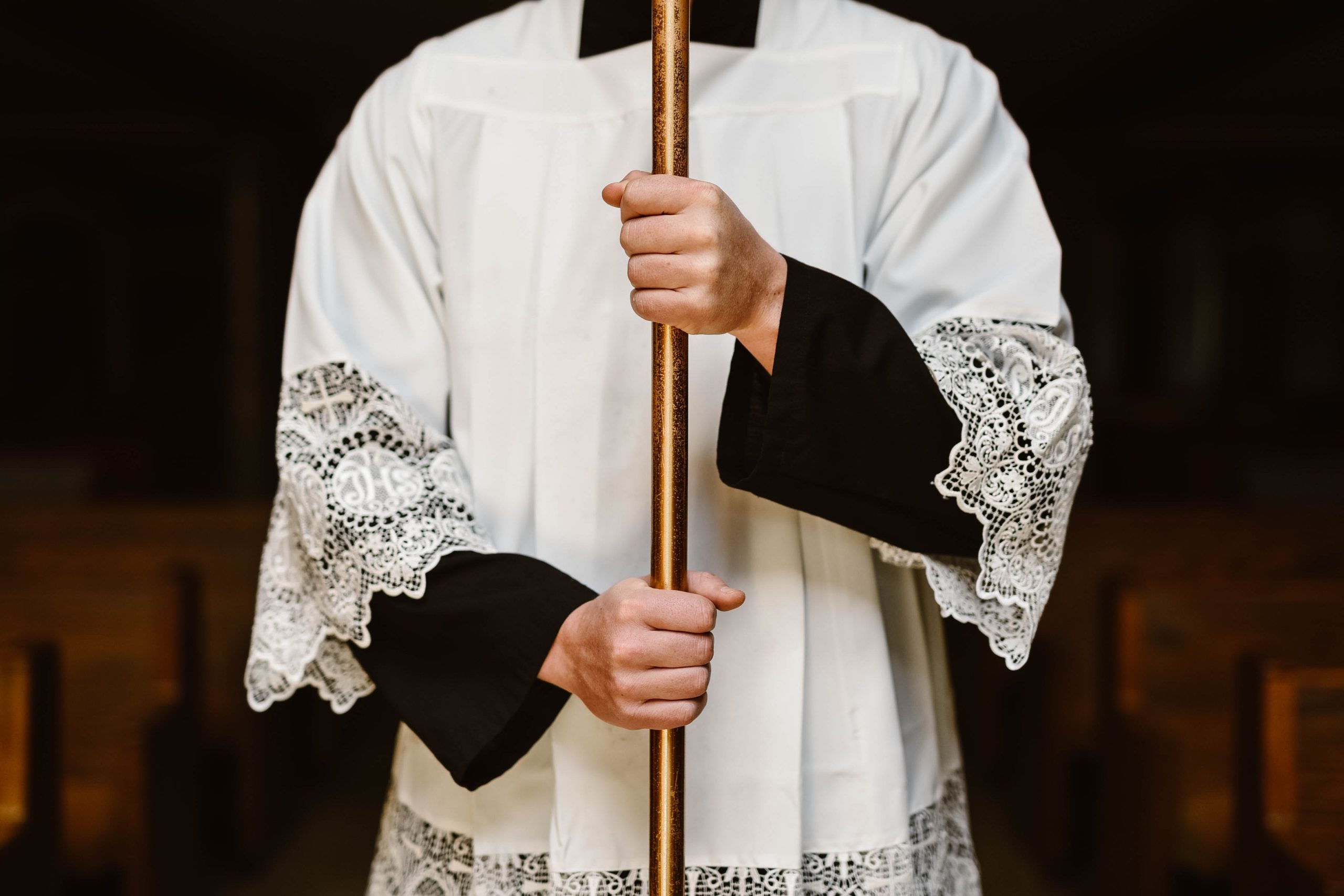I suggest that the Church proactively open every diocesan archive and get everything out in the open. Radical transparency is needed after realizing that a decade and a half after the sex abuse crisis exploded onto the scene, there is far more unknown than known.
Once the archives are opened and more of the truth is known, what should happen to those clerics named?
For those who priests or deacons who committed abuse, the Dallas Charter (2018 revision) is good. The priest or deacon is to never serve in ministry ever again. The Church must inform local authorities so appropriate criminal investigations can occur. From my limited scope of awareness, this is something good that came out of the Boston crisis that is (generally) being followed.
My home town, Wichita Falls, had the pastor removed when a review of his file revealed he had admitted in 1999 to Bishop Joseph Delaney before his ordination to the sexual assault of a minor in the 1970s. Ignoring that +Delaney ordained him after knowing about this, once the new bishop, Bishop Kevin Vann, discovered the admission in his file, he was immediately removed from ministry and the local authorities in Fort Worth and in the jurisdiction where the abuse took place were notified.
These policies gave me hope that the Church was better than it was before. That the priest in Wichita Falls wasn’t realized anew until 2006 when someone happened to stumble across it only validates we need to investigate every diocese.
The rules and process for what should happen to offending priests or deacons isn’t the weakness right now. It is about holding bishops accountable.
Before going further, I’ve read a lot of ideas for what we should do next. “The ‘gay subculture’ in seminaries demand that we ban gay priests.” “We should end the ‘imperial episcopate’ and do away with any bishop who isn’t a residential ordinary”.
I believe that this—holding bishops accountable to the decisions they have made with regard to protecting predatory and abusive priests—is too important to lump into larger conversations about long-term structural changes. As much as anyone, I’d love to have a conversation about my ideas on how to better structure parish leadership, but I don’t want to water down that we need better accountability for bishops first and foremost.
“Every bishop should resign!” I don’t agree. There are bishops who are actively and openly condemning the coverups by their brother bishops and inviting authorities to investigate their own dioceses. Justice is not served by removing innocent men from office.
1. Immediately, any bishop is determined to have knowingly moved abusive priests with credible or confirmed accusations back into ministry without restriction should resign. It doesn’t matter if the moves happened before or after the Dallas charter. At this point, they should offer this of their own free will.
I am willing to give some benefit of the doubt—maybe—to bishops who, before the Dallas Charter, was informed by a treatment facility that a priest could return to ministry, then put him somewhere in restricted ministry away from children or vulnerable adults. I don’t know if there have been a case of that.
If you caught your cousin stealing money from the cash register of the family business, even if you welcome him back, you’re not going to put him in front of the cash register without second thought. If you did, you’re stupid. Even without the Dallas Charter, it should be common sense that a priest who sexually abuses or assaults a minor shouldn’t be given unrestricted access to minors. Bishops who did not exercise this common sense should not be in governance.
2. Every one of these bishops should have their name and corresponding files turned over to civil authorities. Many of these cases won’t be strong enough for actual criminal prosecution, but let’s have the experts—law enforcement and prosecutors—make that call. I really don’t think any of them meant for children to be harmed, but their neglect and giving primacy to the abuser or reputation of the church is morally repugnant and should be considered criminal.
3. A canonical tribunal should be held. There isn’t a stated rule in Canon Law that covers, as far as my little not-a-canon-lawyer-mind knows, priestly transfers like this. There is the handy Canon 1399 that basically is a catch-all—do something bad and it’s really bad—then a penalty can be applied. I’m torn here because I don’t know what canonical penalties should be applied. Should he be barred from any episcopal ministry? As in, not allowed to ordain men to the priesthood (as sometimes a diocese lacking a bishop or a religious order will invite a bishop to ordain their candidates to the priesthood), etc? Retain the title or be stripped of it? Should they live private lives and not function publicly as a priest?
I lean toward a suspension of episcopal ministry as the default.
I hesitate to add a fourth—should a resigned/suspended bishop be put to work? Depending on his case, should he be assigned to work at one of the many parishes in America who lack a residential pastor? Or as an associate pastor at an understaffed church? Prison chaplain? I do not at all mean Cardinal Law being appointed the archpriest of St. Mary Major in Rome—a relatively cushy gig. I don’t know—just living an early retirement somewhere doesn’t feel just to me when their failure to govern is causing so much strife in the Church.
There needs to be accountability structures moving forward. That’s for another piece. But first, let’s figure out everyone who we know to have been credibly accused and those bishops who allowed them to remain in the shadows.

Leave a Reply